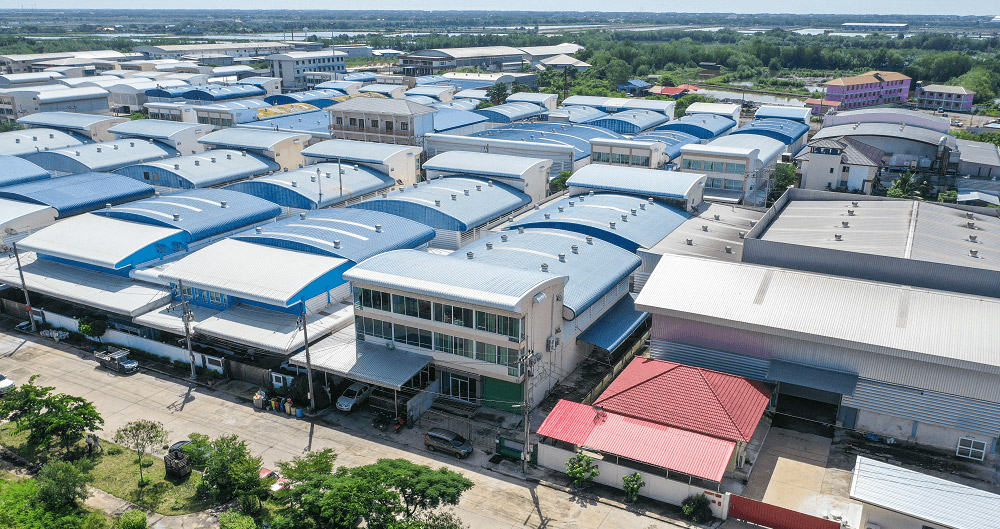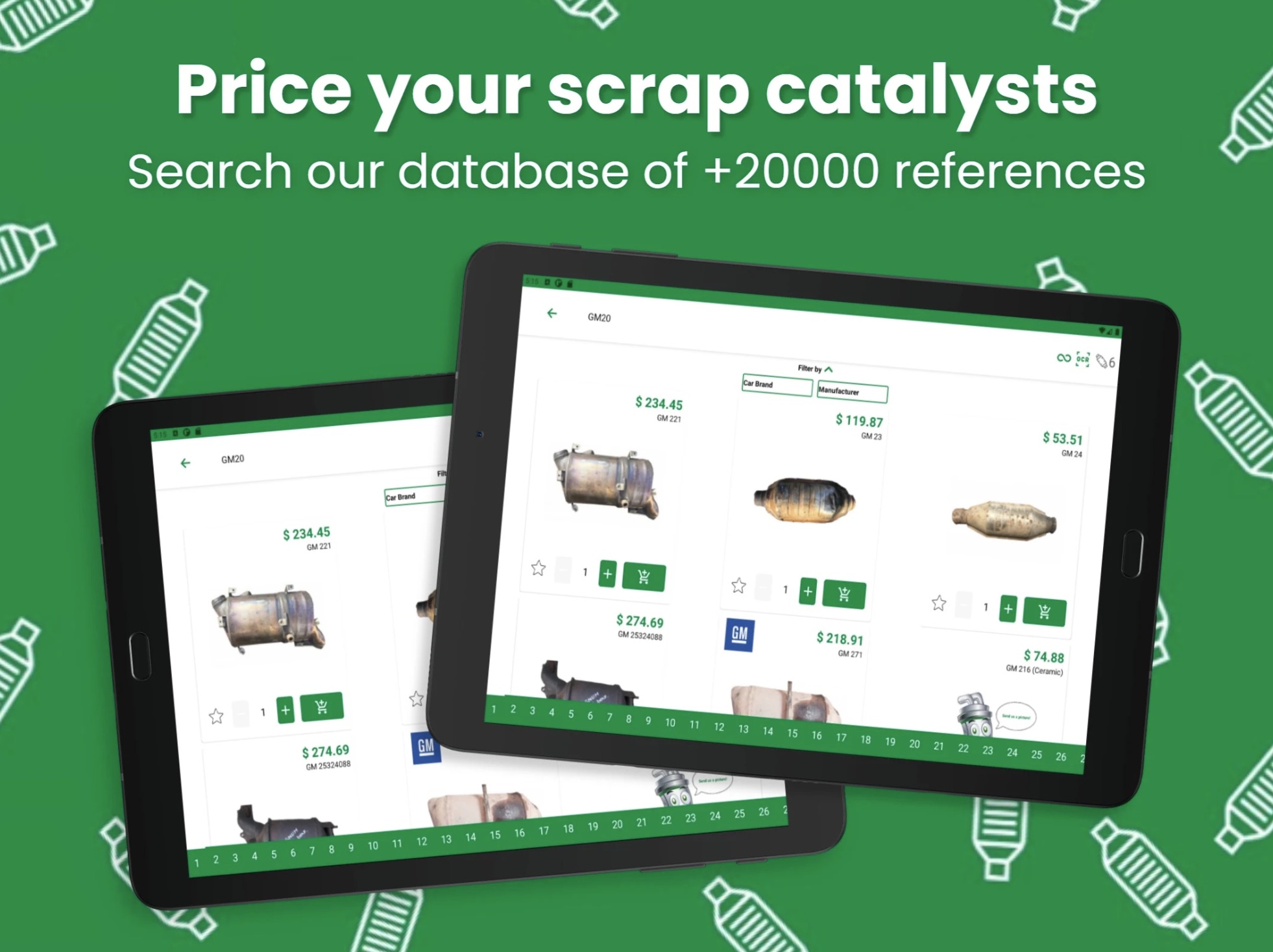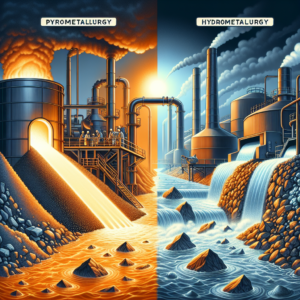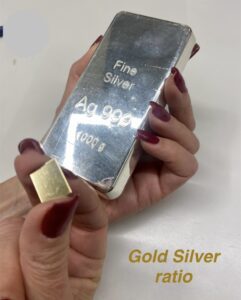Introduction to Ecotrade Group
Ecotrade is an Asian-based company specializing in the recycling of precious metal from spent auto catalysts. Our working relationship is based on their stellar reputation among traders, who use the Ecotrade app as a widely agreed upon platform for pricing of scrap.

They use a variety of methods to test catalytic converters, rendering their analyses extremely precise. We want to share their expertise and methods with you in this article.
How does Ecotrade test the PGM content of each catalytic converter?
Ecotrade excels in testing the PGM content of catalytic converters, employing expertise and advanced technology. Catalytic converter compositions vary, posing challenges to testing due to factors like vehicle models, legislation, and changing ratios.
Toll refining is a common service where scrap catalyst suppliers contract the extraction and purification of PGMs. Buyers assess the value by comparing the weight of processed ceramic to lab analysis. Ecotrade employs cutting-edge handheld XRF devices that use X-ray fluorescence to accurately identify and quantify elements in samples. Additionally, ICP analysis with emission spectrometry ensures even greater accuracy.
Accurate sampling and assaying are crucial to determine PGM value. Errors in these processes can lead to undervaluation or overvaluation. Ecotrade prioritizes transparency and precision, often allowing customers or their agents to witness the process and provide samples for independent analysis.
How do they price your catalytic converters?
At Ecotrade, they sample and analyze catalysts individually daily for utmost accuracy. They prioritize their own data over catalogs and offer in-house ICP and XRF analysis, enabling customers to verify the results themselves.
PPM content and pricing can differ between identical catalyst models due to factors like manufacturing country, local regulations, production year, and climate conditions. Relying solely on catalog prices may overlook important factors like altered/fake material or limited series with varying PPM content.
Several factors contribute to potential losses in PGM recovery. The age of the catalyst and vehicle usage can result in degradation over time, leading to the loss of metals from the catalyst substrate. Improper handling or installation of the catalytic converter, along with moisture, significantly impacts analysis results and has the potential to falsify them.
To ensure accuracy and fairness, they individually test each catalytic converter for precise assessment and pricing, considering factors that can introduce deviations in the results. Their app allows customers to check representative estimations of the PGM content.
Differences between the different types of cats
Different types of catalytic converters have distinct characteristics that require separate analysis. Here are the main types: OEM Ceramic Converters, OEM Metal Converters, Diesel Particulate Filters (DPFs), Aftermarket Converters, and Bead Converters.
Separating DPFs and Catalytic Converters is essential because they have different compositions and fusion properties, making it challenging to mix them together for processing. Sampling companies working closely with refiners can optimize metal return rates and obtain the best offers by dividing mixed batches within their network.
With over 20 years of experience in the industry, they have successfully developed the Eco Cat Application offering a comprehensive catalog featuring over 20,000 items. This enables you to effortlessly identify real-time prices for scrap catalytic converters. Their application has nearly reached 2 million downloads globally, with the United States, Romania, Mexico, United Kingdom, and Germany leading the way in downloads.




